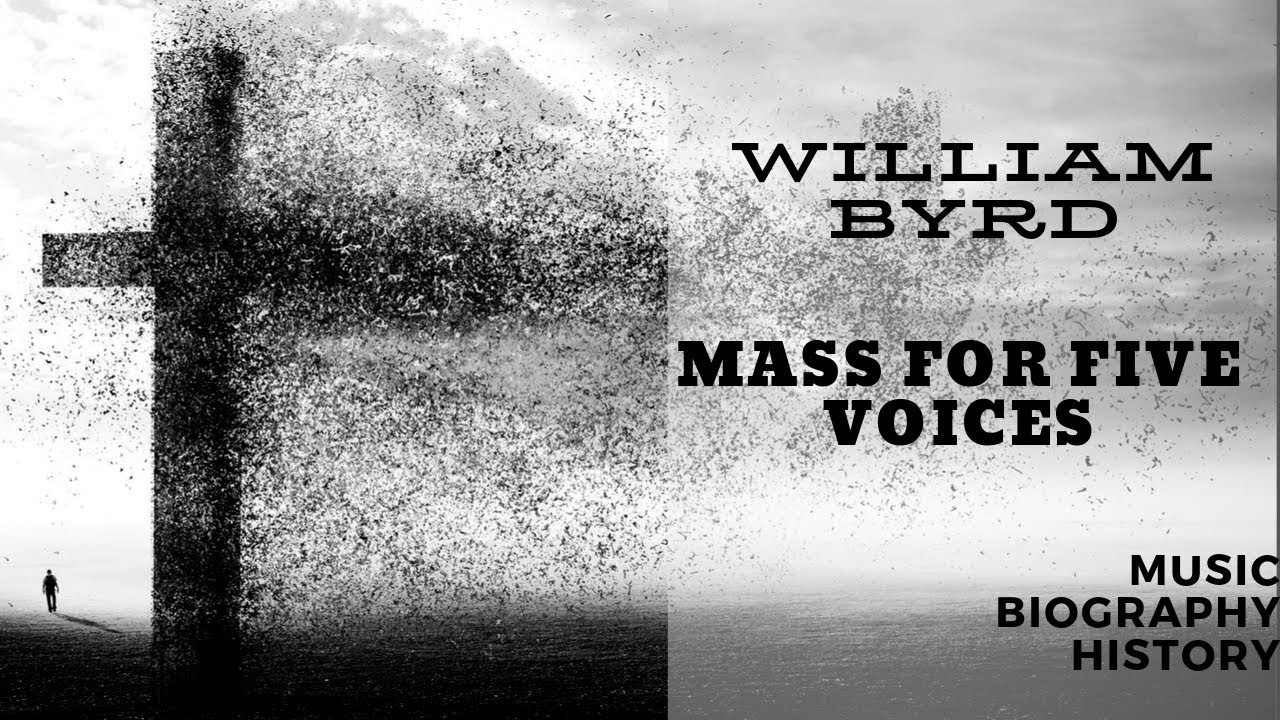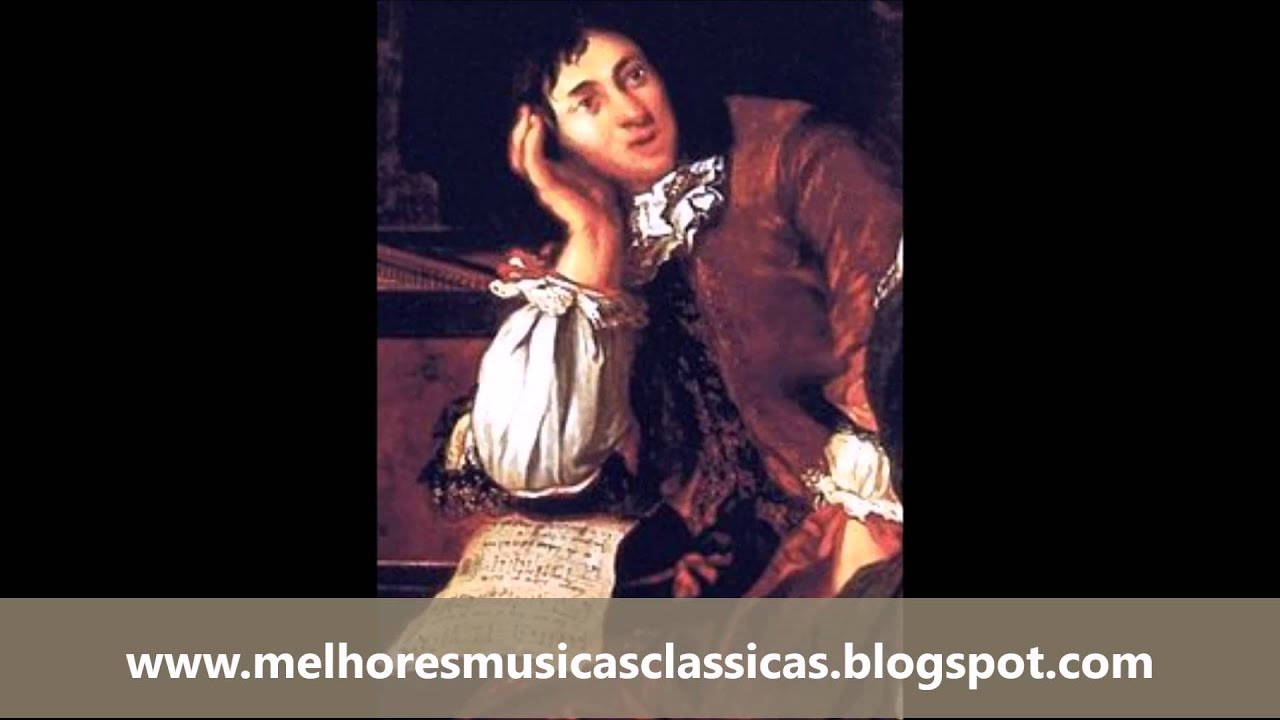
Marc Antoine Charpentier – Te Deum, Prelude
Marc Antoine Charpentier Te Deum, Prelude For more: http://www.melhoresmusicasclassicas.blogspot.com

Byrd – Mass for five voices
William Byrd – Mass for five voices The Mass for Four Voices is a choral Mass setting by the English composer William Byrd (c.1540–1623). It was[…]

Dietrich Buxtehude – Prelude in C major, BuxWV 137
Dietrich Buxtehude – Prelude in C major, BuxWV 137 Dieterich Buxtehude (1637/39 – 9 May 1707) was a Danish-German organist and composer of the Baroque period.[…]

Leopoldo Miguez – Noturno Op. 10
Leopoldo Miguez Noturno Op. 10 For more: http://www.melhoresmusicasclassicas.blogspot.com

Marin Marais – The Bells of St Genevieve
Marin Marais – The Bells of St Genevieve Marin Marais (31 May 1656, Paris – 15 August 1728, Paris) was a French composer and viol[…]

Otto Nicolai – The Merry Wives of Windsor
Otto Nicolai – The Merry Wives of Windsor Carl Otto Ehrenfried Nicolai (9 June 1810 – 11 May 1849) was a German composer, conductor, and one[…]

Conradin Kreutzer – Grand Septet, E flat major, Op. 62
Conradin Kreutzer – Grand Septet, E flat major, Op 62 Conradin Kreutzer or Kreuzer (22 November 1780 – Riga, 14 December 1849) was a German[…]

Pietro Locatelli – Cello sonata in D, from 12 Sonatas, Op. 6
Pietro Locatelli Cello sonata in D, from 12 Sonatas, Op 6 For more: http://www.melhoresmusicasclassicas.blogspot.com

Scott Joplin – Magnetic Rag
Scott Joplin -Magnetic Rag Scott Joplin (November 24, 1868 – April 1, 1917) was an American composer and pianist. Joplin achieved fame for his ragtime compositions[…]

Ludwig Spohr – Quartet Concerto Op. 131
Ludwig Spohr Quartet Concerto Op. 131 I. Allegro moderato II. Adagio III. Rondo For more: http://www.melhoresmusicasclassicas.blogspot.com